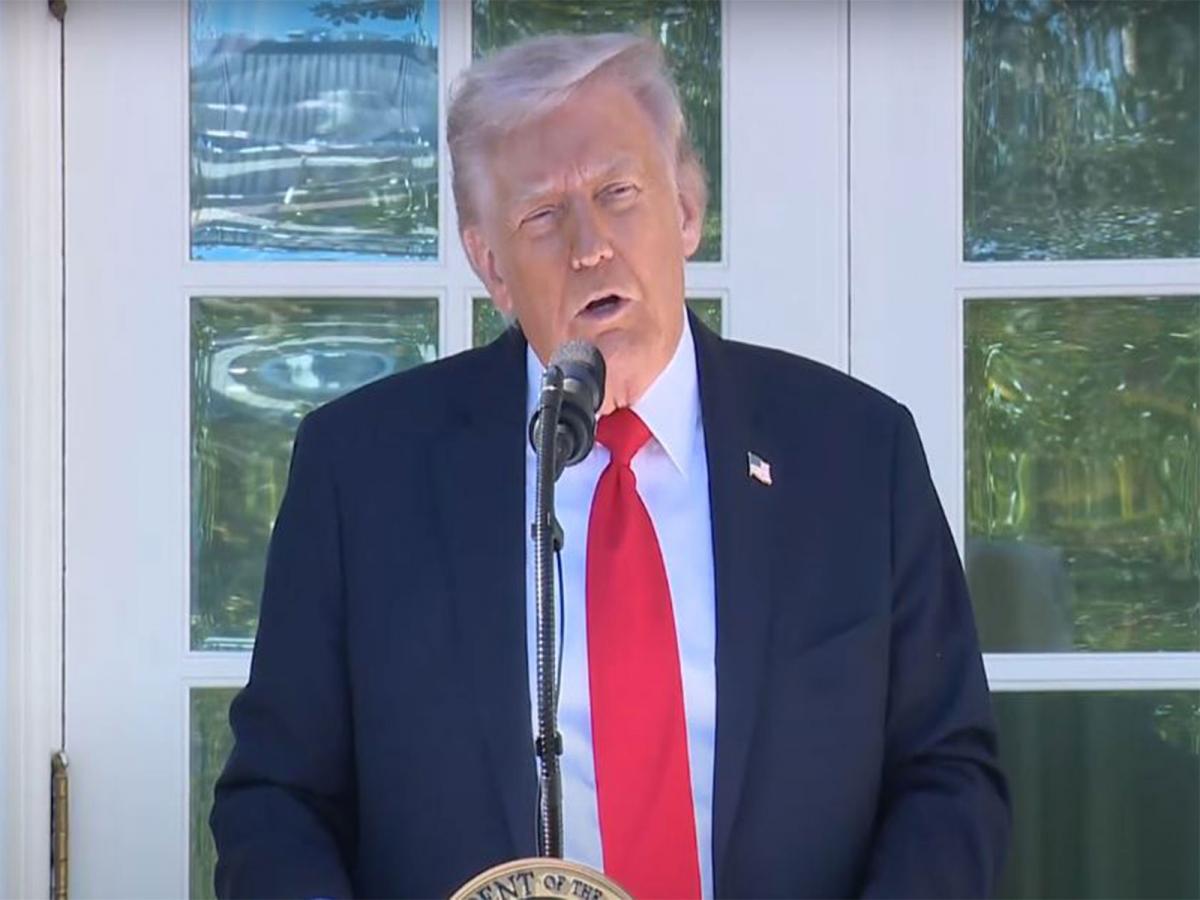USCIS Eases H-1B Fee for Existing Holders, But New Student Caps Threaten Future Talent Flow
While immediate H-1B fee relief is welcome, new foreign student caps create a long-term bottleneck for skilled talent entering the U.S., signaling increased uncertainty for future immigration pathways.

Article Summary
The Trump administration, via USCIS, clarified that a controversial USD 100,000 H-1B visa fee will not apply to existing visa holders and students already in the U.S., providing significant relief, particularly to Indian professionals. However, this relief coincides with new restrictions imposing a 15% cap on foreign student admissions and a 5% limit from any single country, which the Global Trade Research Initiative (GTRI) warns will impact the long-term flow of talent. GTRI also highlights the uncertainty caused by frequent policy reversals in U.S. immigration.
[ Sentiment: negative | Tone: factual ]
This summary and analysis were generated by TheNewsPublisher's editorial AI. This content is for informational purposes only; it does not constitute legal or immigration advice.
TNP AI: Key Insights
This news is crucial as it offers immediate financial relief and stability for current H-1B holders and students transitioning statuses by clarifying the controversial fee. However, the concurrent introduction of foreign student admission caps creates a significant long-term bottleneck for the U.S. skilled talent pipeline.
The article provides essential historical context by noting the "controversial USD 100,000 H-1B visa fee announced earlier on September 19," which this USCIS clarification now eases for existing visa holders. This reversal highlights the dynamic and often unpredictable nature of U.S. immigration policy, a key concern for our audience.
For tech companies and other employers, these new student caps could severely limit the pool of new international graduates, potentially intensifying future skilled labor shortages and impacting workforce planning. For aspiring Indian students, who form the largest cohort, the restrictions drastically narrow opportunities for U.S. education and subsequent work visas, prompting a reevaluation of their global career pathways.
The stated volatility in U.S. immigration policy, combined with these new caps, suggests that individuals and businesses must anticipate continued uncertainty. This environment could accelerate the trend of skilled professionals exploring more stable immigration pathways in countries like Canada, the UK, or Australia, which actively recruit global talent.




